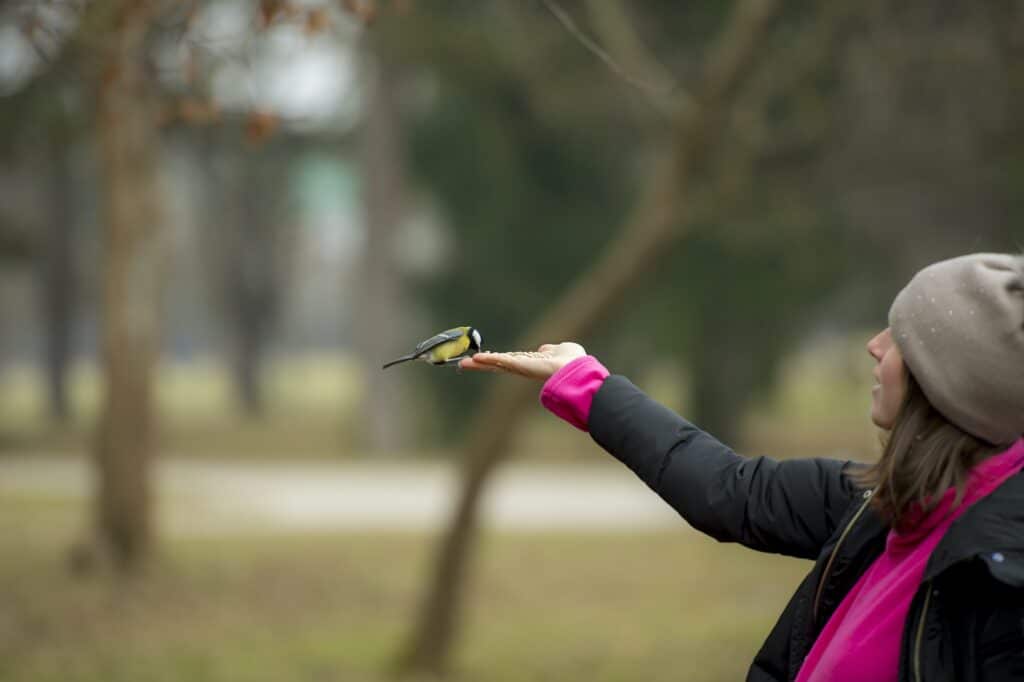English Comparative and Superlative
Overview
This module explores the comparative and superlative forms of adjectives. The comparative "er" and the use of "more" are discussed.

When we compare two nouns, we use comparative adjectives. Depending on the amount of syllables and the letter ending of the adjective, the ending changes accordingly. One-syllable adjectives typically end on “-er”. To one-syllable adjectives that end on “-e”, we only add “-r”.

When directly comparing a noun to another noun, we use “than”. When are comparing two nouns, and one of them is implied but not stated in the sentence, we do not use “than”.
Examples:
My car is nicer than yours/your car.
My car is nicer. (‘than yours‘ is implied.)
His son is taller than mine/my son.
His son is taller. (‘than mine‘ is implied.)
When a one-syllable noun ends on a vowel+consonant, we double the consonant and add “-er”. If the one-syllable ends on a consonant+y, we change the “y” to an “i” and add “-er”.

If the adjective has two or more syllables, we do not add “-er” to the ending, but we use the word “more”, before the adjective. Note, there are some two-syllable words that do use “-er”.

Examples:
I read two books. The second one was more interesting.
It is more likely to rain tomorrow than today.
This engine is more powerful than the previous one.
The Superlative
If we compare three or more objects, we use the comparative and the superlative. The superlative is used for the entity or the object that is the most of its quality in the group of objects we are comparing. To form a superlative, one-syllable adjective, we use “the + est”, following the same spelling principles as the comparative (y -> i, consonant doubles)

Examples:
His car may be the fastest, but mine is the prettiest.
This is the biggest dog I have ever seen. (of all the dogs I have seen)
The new skyscraper is the tallest skyscraper in the world. (of all the skyscrapers)
To form multi-syllable superlative adjectives, we use “the most” + the adjective in its base form.

Examples:
I have seen several interesting movies this past week, but the documentary was the most interesting.
This is the most powerful aircraft ever built.
She had the most interesting story to tell her friend.
Highlighted Author:
Stephen Sovenyhazy

Learn with a Teacher
Private or group classes, in person or online. Find out more about our English classes here.

Free Learning Materials
Do you like to study on your own when it’s convenient for you? Buy helpful charts, vocabulary lists, and courses.
Additional Topics
Common European Framework of Reference for Languages
The CEFR is an international standard used to describe language ability. Here are specific details of the CEFR for this topic.


